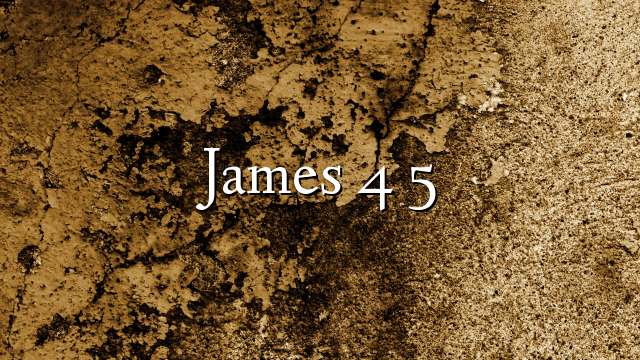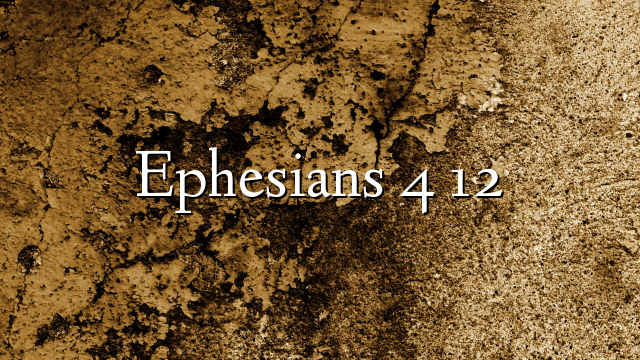Gregory Hartzler-Miller wrote:I am experimenting with a perhaps novel argument to explain the textual variant in Gal 4:14 — καὶ τὸν πειρασμν
μου [ὑμῶν] ἐν τῇ σαρκί μου. I would like feedback on the argument.
Thesis: μου is Paul’s wording/intention, and ὑμῶν is a later interpretation of his meaning.
To Stephen Carlson and all,
I have studied Carlson’s wonderful dissertation on the text of Galatians. I stand corrected. The combination of high quality manuscripts (as assessed using by state of the art stemmatics analysis) and the principle of the more difficult reading weigh overwhelmingly in favor of καὶ τὸν πειρασμν ὑμῶν ἐν τῇ σαρκί μου
Best,
Gregory
Statistics: Posted by Gregory Hartzler-Miller — August 6th, 2016, 4:56 am















